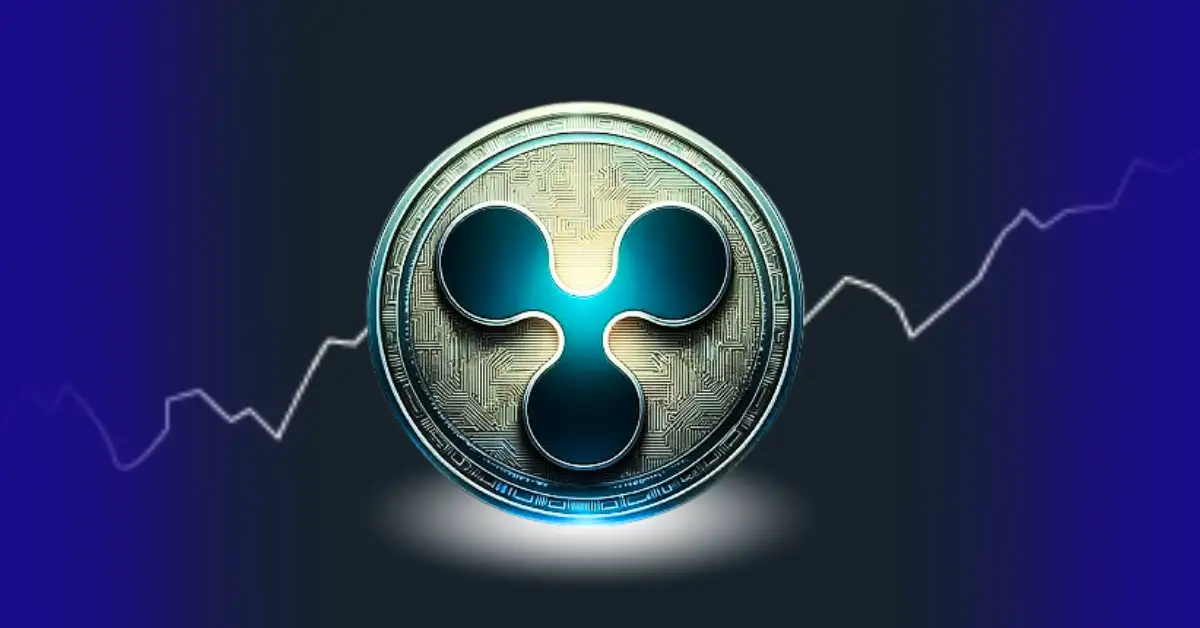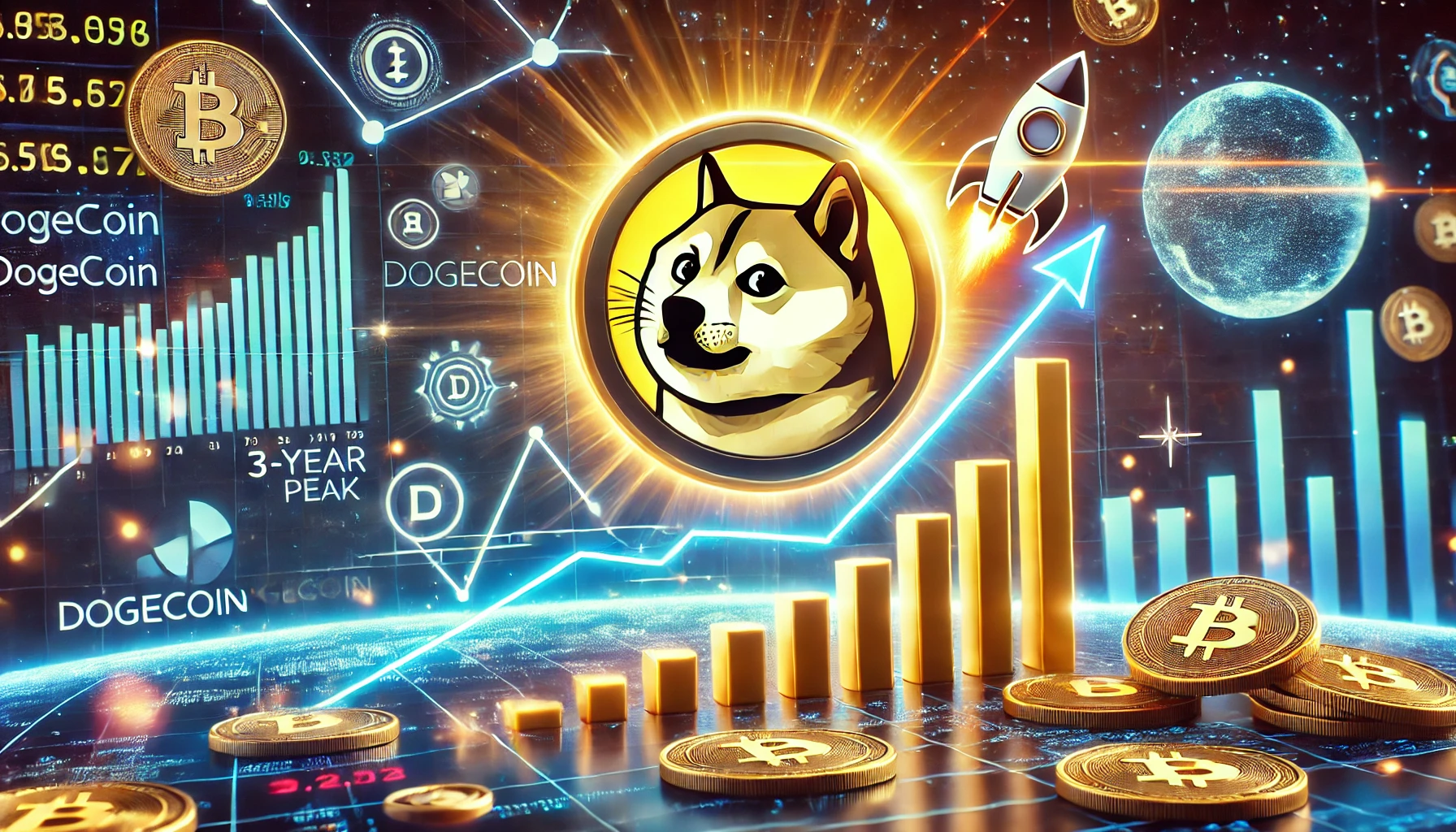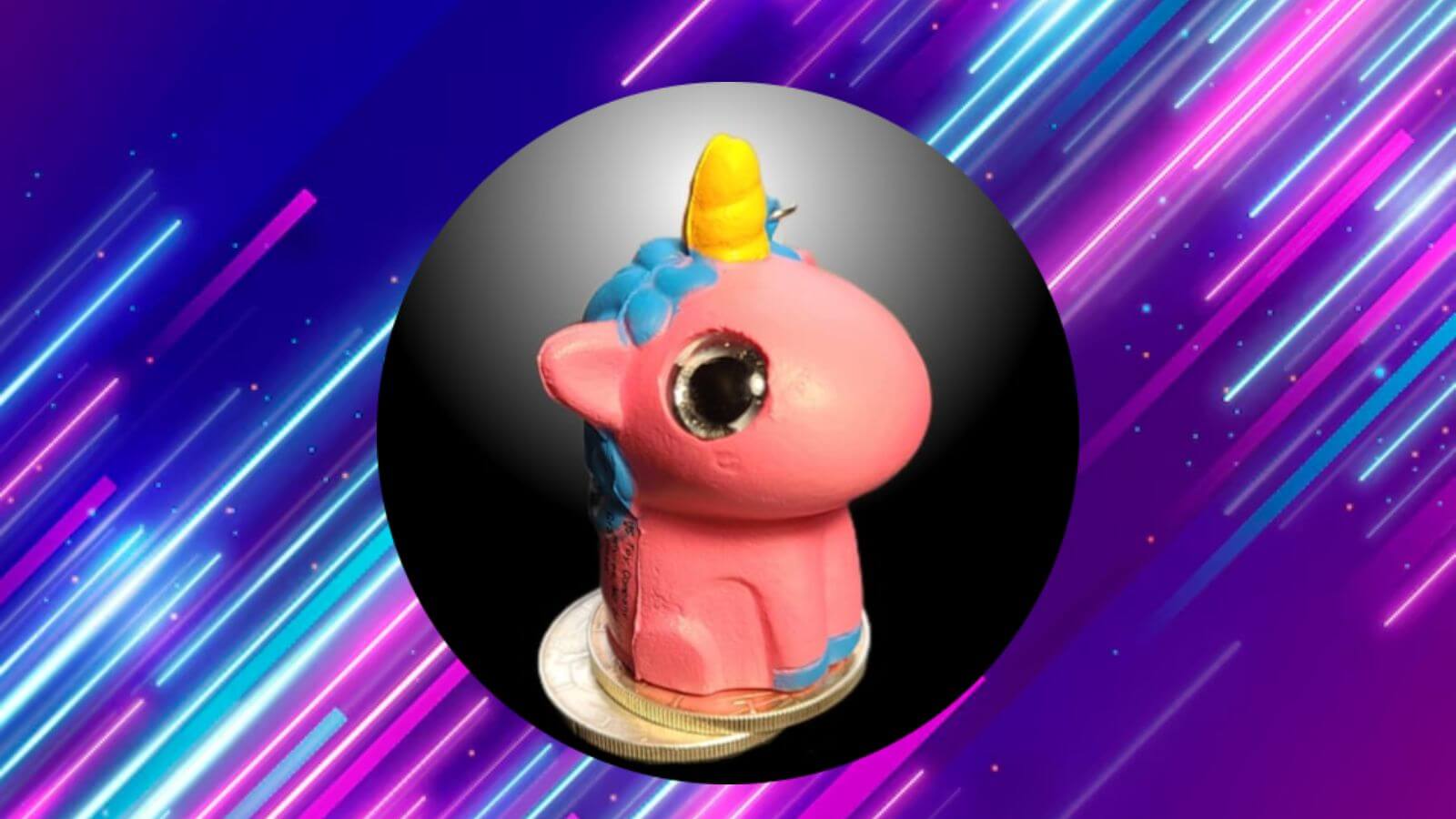On Wednesday, May 29, 2024, NFT platform Drip welcomed Nigerian music star, Davido (David Adeleke). On the same day, Davido launched his token called Timeless Davido with the ticker $DAVIDO, on the Solana blockchain.
The token gained massive value —up to $10 million in market capitalisation — but lost it just as quickly. it currently has a market cap of $2.2 million as of press time.
This article will examine the cause of this massive price drop and the scam allegations surrounding the token.
Everything we know about Davido’s crypto token
Some crypto enthusiasts have attributed the crash of $DAVIDO to a massive sell-off also known as dumping, which they say was co-ordinated by Davido.
Whether in the crypto or stock market, dumping leads to a reduction in the value of an asset.
It essentially communicates a lack of confidence in the asset, and flooding the market with an asset leads to more supply than demand for that asset.
Rug pull projects, which is crypto lingo for an exit scam, are known to usually dump a project right after it gains some traction that’ll bring the creators profit.
While some hold the notion that $DAVIDO has rug-pulled investors, others say the sell-off cannot be classified as a scam. Here’s everything we know about Davido’s crypto token.
Why did Davido launch the token?
There’s very little information about $DAVIDO except that it was launched and endorsed by Davido. Normally, cryptocurrencies are launched with a whitepaper that would usually have a timeline of what the use case would be and how the funds raised would be used.
Be the smartest in the room
Join 30,000 subscribers who receive Techpoint Digest, a fun week-daily 5-minute roundup of happenings in African and global tech, directly in your inbox, hours before everyone else.
However, in the current memecoin age — which the crypto market is currently in — there’s very little planning that goes into the launch of crypto tokens.
The plan is to launch, pump, and cash out.
Davido’s $DAVIDO can therefore be called a memecoin as it does not have any use case or plan for invested funds.
Is $DAVIDO a scam?
The first point to consider is the utility behind $DAVIDO. According to Mint, experts believe that rather than communities, a token should be backed by fundamentals, also known as utilities or use cases.

However, these rules do not seem to have changed as many crypto tokens are now created for the sole aim of cashing out.
Interestingly, successful tokens which started as memecoins have begun working on a use case. For example, the SHIBA INU whitepaper has also shown that the token’s ecosystem will contain ShibaSwap, a DeFi platform that will facilitate crypto trading.
This means if $DAVIDO becomes successful, it could have a use case that makes it more than just a memecoin.
Another sign of a scam coin, according to YouTuber, Mentoraa’s World, is when one wallet holds more than 4% of the total coins created. Wallets such as this essentially have too much power over the coin, which means the value could plummet in the event of a sell-off.
Thankfully, the blockchain is open to the public and we can see clearly that there’s a wallet that holds 4% (43,254,689.74) of $DAVIDO, valued at $119,129.
In fact, the token has a total supply of almost a billion and the top 10 holders control 225,637,134.4 tokens (22.56%) and other token holders control 77.43% (774,358,473.25) Tokens.
While this does not necessarily indicate a scam, people feel that the sell-offs are.
Was the sell-off a scam?

According to Lookonchain, an X account that analyses the price movement of crypto tokens, wallets associated with the creation of $DAVIDO sold off the token and made a profit of $473K in 11 hours.
This sell-off caused the value of the token to drop from a $10 million market cap to $2.2 million. This means that people who invested at the peak of the market valuation were burnt.
This sell-off can be considered a scam as it bears a keen resemblance to a rug pull According to CoinDesk “Once the price peaks, the people behind the token sell it to generate a profit while leaving “investors” with steep losses.”
However, some people hold the notion that it is not a rug pull. A crypto influencer who goes by DannyCrypt on X said, “If you don’t sell, someone else will.”
The lack of whitepaper is also an indication that the coin was created as merely a way to make money similar to most meme coins and whether dumping the token could be ethically or even morally questionable, there aren’t clear regulations in Nigeria when it comes to launching memecoins.
However, Nigeria’s Securities and Exchange Commission (SEC) has a regulation for initial coin offerings in Nigeria.
The SEC requires any business or entity looking to conduct an initial asset offering or initial coin offering (ICO) in Nigeria or targeting Nigerians to submit an assessment form and a draft of its white paper for approval.
There are no SEC-approved memecoins or ICOs, so while $DAVIDO might be a scam, it’s just another day in the world of crypto until regulation catches up to the market.
Credit: Source link















































